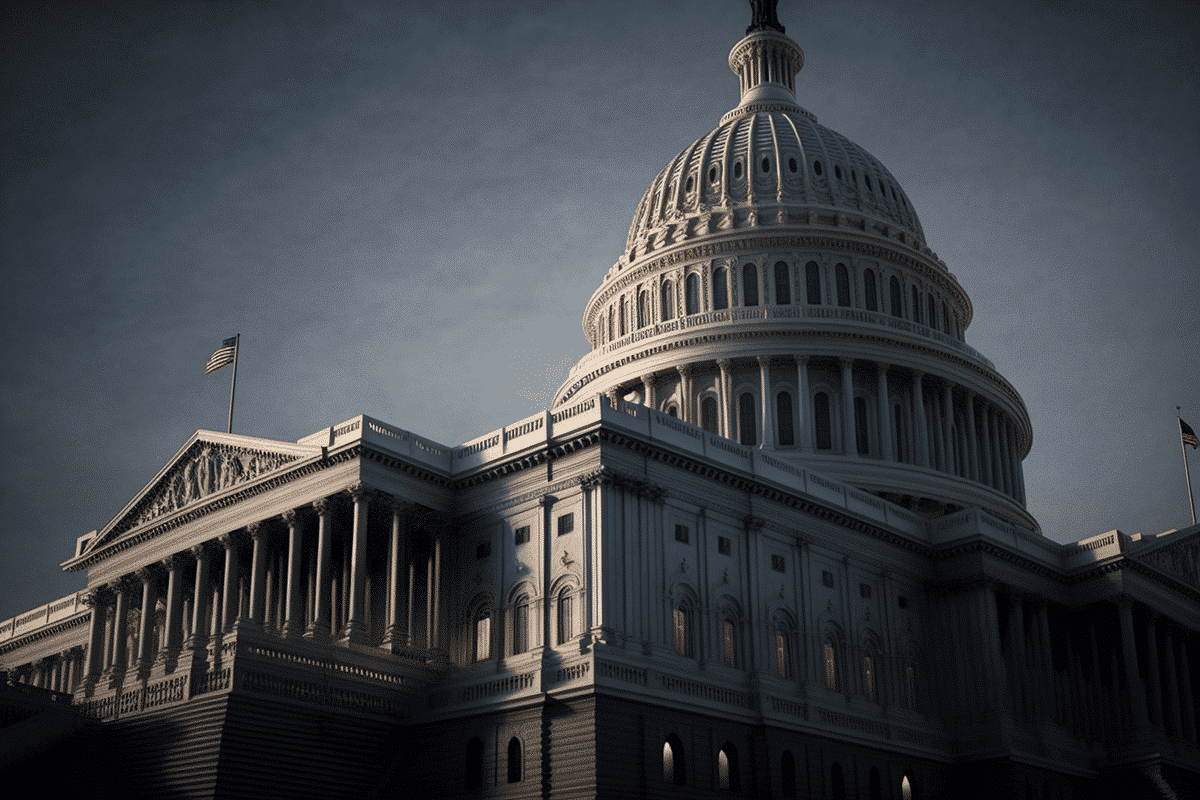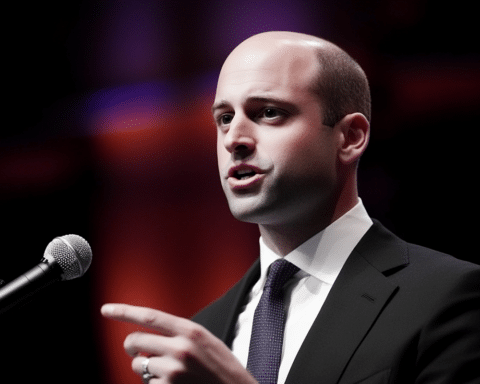The United States Congress has taken a significant step forward in its efforts to potentially ban TikTok or compel its sale. However, the road ahead is fraught with challenges, particularly in finding a suitable buyer for the wildly popular social media platform.
Legislation recently passed in the House of Representatives aims to pressure TikTok’s Chinese parent company, ByteDance, into divesting the app to a non-Chinese entity within six months. Failure to comply would result in US app stores being prohibited from offering TikTok to American users.
Despite the House’s overwhelming support, the bill faces an uncertain fate in the Senate, where concerns over governmental interference in business affairs and free speech limitations loom large. Furthermore, Beijing has explicitly stated its opposition to a forced sale, adding another layer of complexity to the situation.
The proposed ban stems from lawmakers’ anxieties over potential national security risks associated with American data falling into the hands of Chinese intelligence agencies. This concern has led to speculation about potential buyers for TikTok, given its immense value and user base.
TikTok’s US segment alone boasts approximately 170 million users, making it a highly coveted asset in the tech industry. Analysts estimate its value to be around $100 billion, attracting interest from major players in Silicon Valley and beyond.
Companies like Meta, Alphabet, and Microsoft have the financial resources to acquire TikTok outright. However, regulatory obstacles could impede such a transaction, with concerns over antitrust issues and market dominance looming large.
For instance, Meta already owns Facebook and Instagram, while Alphabet controls YouTube, a direct competitor to TikTok. Microsoft lacks a social media platform of its own but faces scrutiny over its existing relationships, such as with OpenAI.
Recent reports suggest that Bobby Kotick, former CEO of Activision Blizzard (now under Microsoft’s ownership), has explored the possibility of partnering with others to acquire TikTok. However, concrete details remain scarce, and any potential deal would likely encounter regulatory scrutiny.
Another contender could be Apple, a tech giant with substantial cash reserves and no social network of its own. However, Apple’s focus on maintaining its tightly controlled ecosystem and navigating regulatory challenges may deter it from pursuing TikTok.
Moreover, the complex nature of managing a social media platform, with its constant need for content moderation and addressing societal concerns, presents a significant hurdle for potential buyers. Previous attempts to force a TikTok sale during the Trump administration fell apart amid legal challenges and geopolitical tensions.
China’s stance on relinquishing control over TikTok’s algorithm, a crucial component of its success, further complicates the situation. The Communist Party has underscored the importance of high-tech innovation for its economic growth strategy, signaling reluctance to allow ByteDance to export the algorithm.
Detaching the algorithm from ByteDance would not only be a complex endeavor but could also face legal challenges and delays, hampering any potential sale.
As the debate over TikTok’s fate continues to unfold, the quest for a willing buyer remains a central challenge for lawmakers and stakeholders alike. Whether a suitable solution can be found to address national security concerns while preserving the app’s functionality and value remains to be seen.




